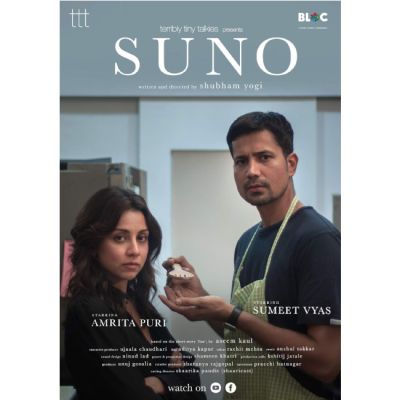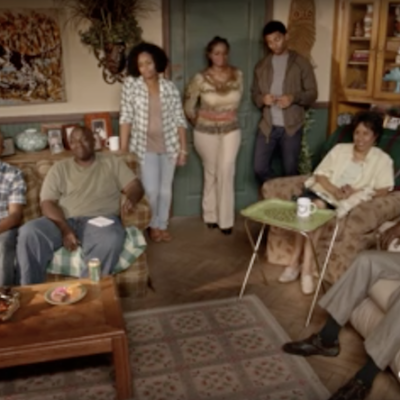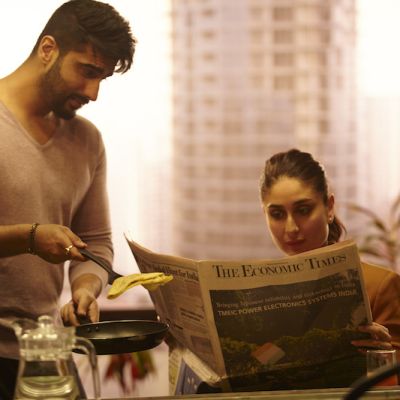marriage and sexuality
There may be situations in which a person’s responses might not be unquestionably equated with consent. Is consent merely a ‘yes’ or does one need to look for other cues to make sure their partner wants the same thing as them when it comes to intimacy?
Traditionally, marriage and sexuality have been bagged together and tinted with a bed-of-roses romance that has, over the last century or so, been unpacked and critiqued for propagating oppressive societal structures of gender, class, caste, and sexuality. Indeed, marriage isn’t just about two wedded souls matched in heaven, but about earthly ties that reach far beyond the couple it binds together. What happens when the roses are let out of the bag? This month’s issues of In Plainspeak on Marriage and Sexuality invite us to lean in and take a whiff.
Delhi-based queer feminist activists Rituparna Borah and Jaya Sharma recorded a conversation they had about their views around marriage. While both women maintain their stances of critique towards the institution of marriage, what they agree upon and investigate as their chat progresses is that marriage has a pull that even its staunchest opponents will have to acknowledge and attempt to understand.
‘Sexuality’ and ‘marriage’ are terms that we don’t instinctively think of in the same breath.
Tolerance and space for another who is not like oneself is important. Without such tolerance and space we risk becoming perpetrators of injustice, forcing everybody into a mold that is not their shape.
In the middle of such tightness around who can marry whom, where and how one can marry, and what kind of marriages are given social and legal sanction, we came across the story of Madhuri Sarode, a transwoman, transgender rights activist and classical dancer, and Jay Sharma, a machine operator in a steel goods manufacturing unit, who married each other in December last year.
This family is proud of their initiative to prepare for a gay wedding, though their refusal to perceive their own misconceptions keeps getting in the way!
When recently reading about the spouses of H1-B ‘skilled guest worker’ visa holders, certain themes resonate with me. These women discuss how it was not just their CVs that suffered from the forced career break – until 2015, spouses on restrictive H-4 paperwork were forbidden from pursuing employment in the U.S. – but that their core sense of self took a hit.
I began to see Marriage / in Appa’s weathered hands, / smell Marriage / in the tea he brewed…
Can I choose to stop caring about the big bad world, and stay at home? I’ll raise the kids and cook the meals while my wife goes out to work instead?










